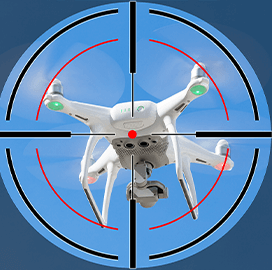
Research agreement
US Army Signs Five-Year, $68M Research Agreement With University of Maryland
The Army Research Laboratory has entered into a potential $68 million, five-year cooperative agreement with the University of Maryland to advance research projects focused on artificial intelligence, autonomy and modeling and simulation.
The agreement grants shared access to the Army’s Robotics Research Collaborative Campus, which comes with an outdoor testing space for AI-centered research.
Military and academic researchers will work on 18 initial projects, Nextgov reported.
One of the research teams will work on developing new approaches for improved human-machine teaming and interactions, which could enhance technologies such as self-driving vehicles or mobile robots.
Another project will focus on refining tools for AI-based networking, sensing and edge computing.
Work under the partnership will also support ARL’s AI Innovation Institute. Through the A2I2 Program, ARL aims to deploy a suite of AI capabilities that can assist soldiers in uncertain, complex environments.
Karl Kappra, director of ARL’s Futures Division, said in a statement that being able to quickly operationalize science will give nations game-changing competitive advantages over their adversaries.
According to Kappra, research partnerships with academic institutions help the Army discover and exploit the latest advances in AI and autonomous system technology.
Faculty, staff and students from both UMD’s College Park and Baltimore County campuses will be involved in the research partnership.
UMD professors Derek Paley, Dinesh Manocha, Jeffrey Herrmann, Aryya Gangopadhyay and Nirmalya Roy will serve as principal investigators.

Category: Future Trends




